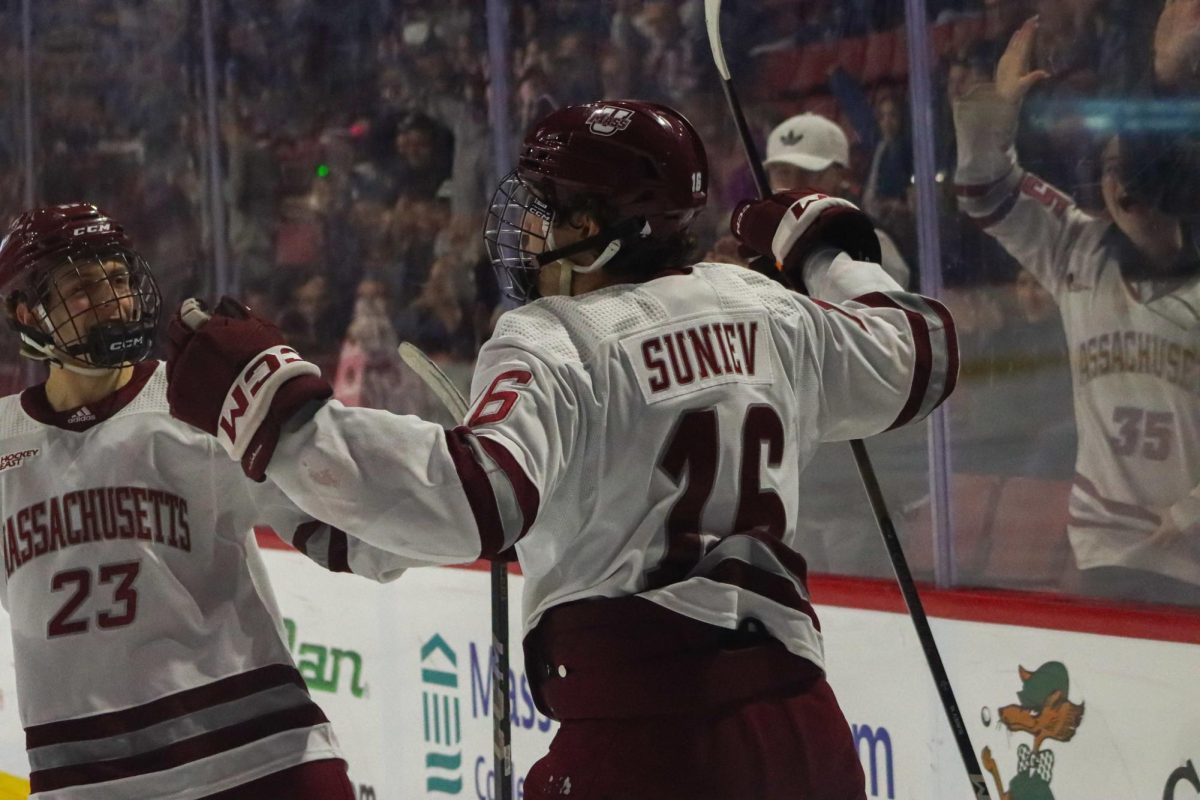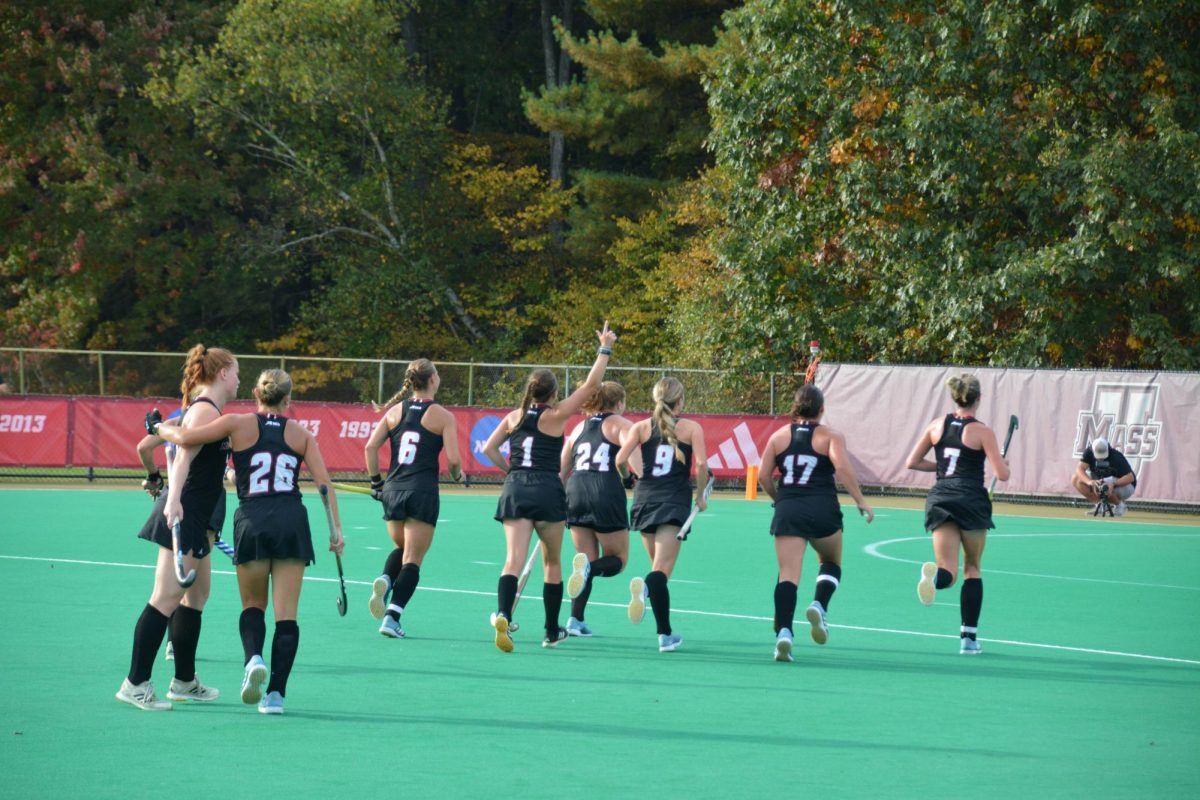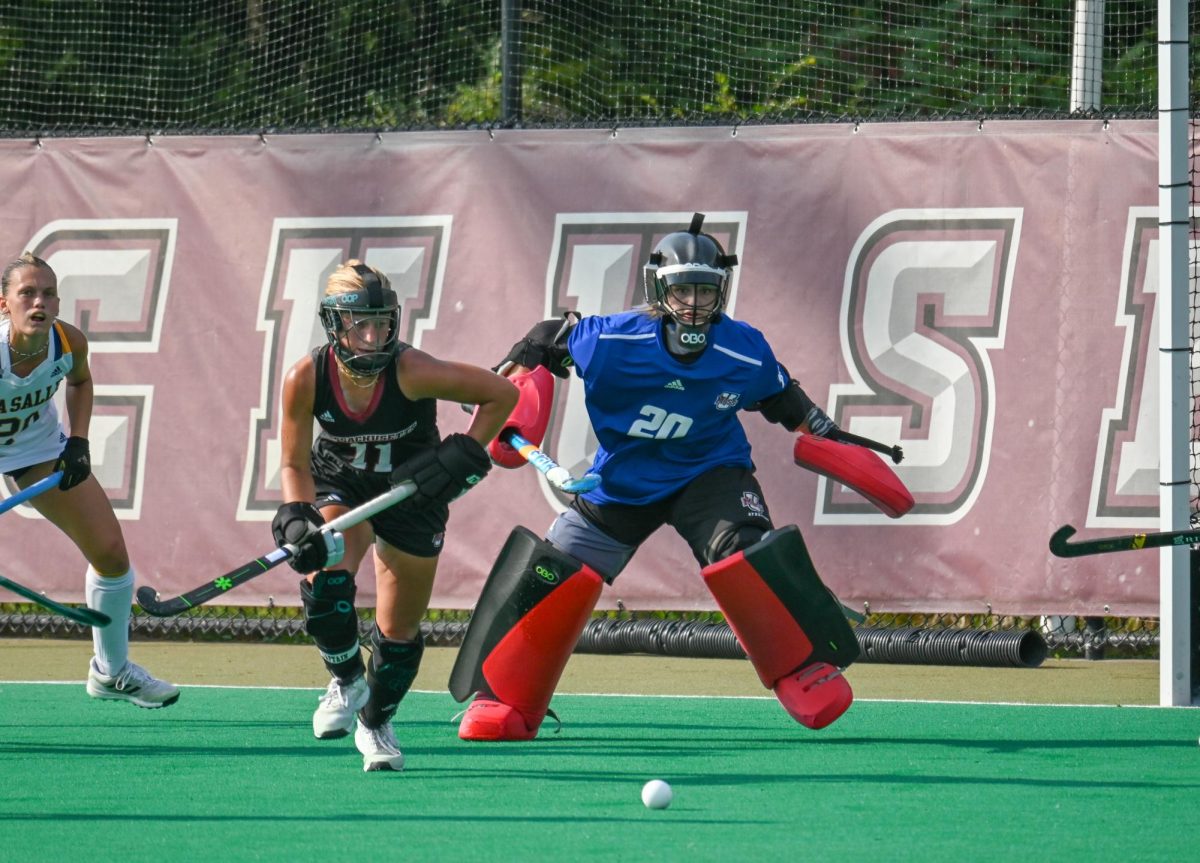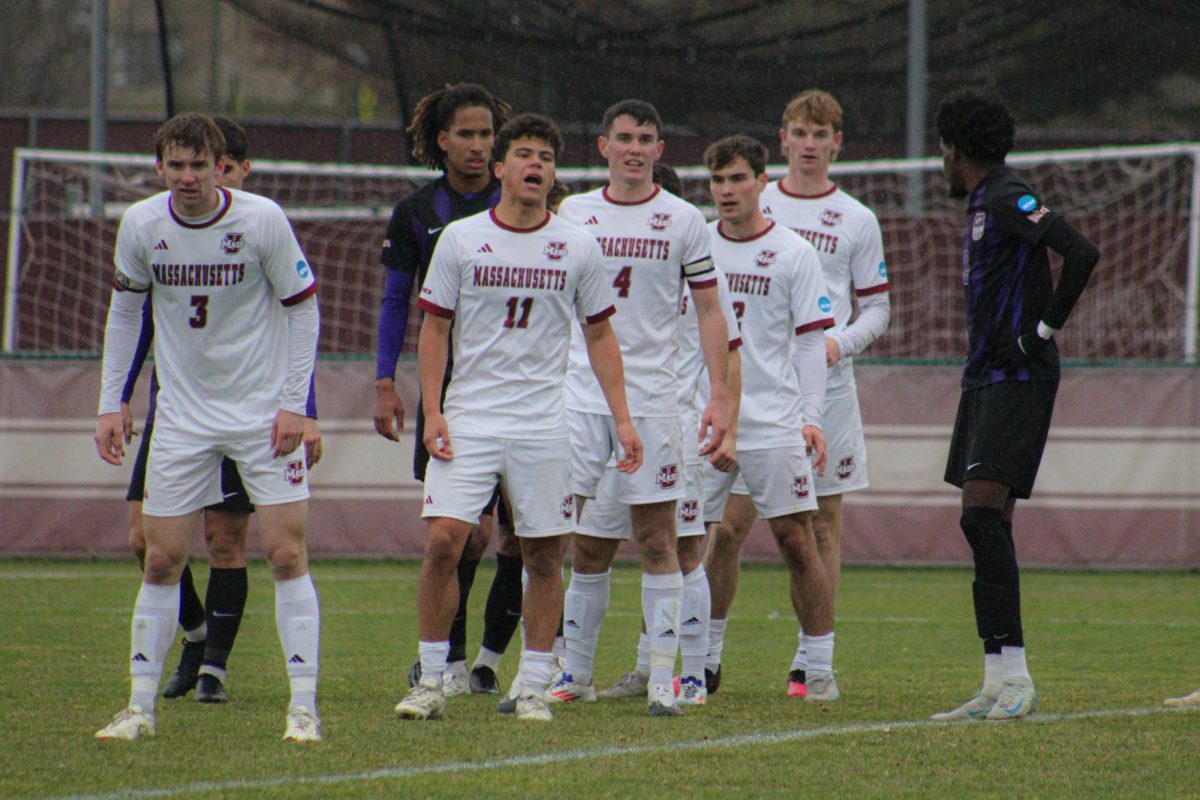For many students, breaks are the best time of year: we can work, see our friends who might have dispersed all over the world for school and decompress just in time for our stress to ratchet up again when classes are back in session. With that in mind, I want to address the students who, for whatever reason, take winter and summer classes when everyone else is done with school for a little while.
Most of the students I know, myself included, chose their college or university based on a combination of variables, including cost. I am of course extremely grateful that the University of Massachusetts provided me with a scholarship, which was a big factor in my decision to come here, but I still have expenses, which include, but are not limited to, a meal plan and textbooks.
I understand that being an English major means I can’t expect a return on the money I have already spent on my education— believe me, I hear it enough— but I would still like to not spend over $1,000 to take classes that are not available during the year.
There are just under 1,000 undergraduate students with primary majors in the College of Humanities and Fine Arts. As one of them, I have to enroll in courses for which I will receive credits for my major, as well as courses which fulfill General Education requirements. But as many UMass students know, this doesn’t always mean taking classes you want to take.
I can only speak to my own experience on this matter, but I have to imagine that it is incredibly frustrating for anyone to try and take classes outside of the academic year, only to find that doing so would cost over $1,000. UMass students can take courses through the Continuing and Professional Education program, or CPE, but doing so generally means paying between $400 and $500 per credit.
Obviously, it is not the University’s fault that there are not enough professors or interested students to offer all the courses every student would want to take. It is not the University’s fault that CPE is not supported by the state. It is, however, the responsibility of any school, college or university to ensure that its students can take at least some classes they are actually interested in, and to prepare its students for life after receiving their degree, whatever that degree may be. The College of Humanities and Fine Arts provides many opportunities for students to learn about careers in their fields, as well as preparing them for internships, job interviews, applications and other aspects of the “real world” after graduation. That said, sometimes the only way for a student to be prepared for their career is for them to practice whatever it is they want to do, which usually means either doing it or taking a class on how to do it.
The “taking a class on how to do it” part is tripping me up. Some classes are only offered through CPE, not through UMass, which means the only way to learn those specific things is to pay more money than a student might be able to spend. Initially, I thought that this might be a problem restricted to humanities students, which would kind of make sense— there are a lot of niche classes for humanities students, as the humanities can be a little more free-flowing than the so-called “hard sciences.” I searched on SPIRE for the summer session CPE courses offered in chemistry and found that while there were some repeating courses, particularly basics like Chemistry 101 and 111, some chemistry courses were not available during the fall or spring semesters. So if a chemistry student wanted to take Introduction to Brewing Chemistry (which sounds pretty cool) they would have to pay $1,493, or $482 per credit plus a $47 registration fee.
As a current college student, I just want to learn what I need to learn so I can apply my knowledge to a career. It is time for educational institutions to stop draining us of our funds before we can even make it to graduation.
Sophie Allen is a Collegian columnist and can be reached at [email protected].



















